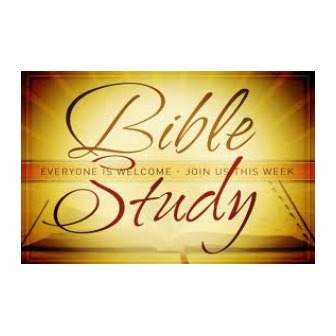Second Baptist Church





Welcome to the Internet window to the ministries of Second Baptist Church of Detroit. Our hope is that through this effort you will be and feel a part of the spiritual difference we make every day as members of the body of Jesus Christ. Here you will find who we are, where we are, the tremendous history we share and the help and hope we give and have been giving since 1836. Please let this be our invitation to you to share in our spiritual life. Visit us if you can and pray with and for us if you can't join us in person. God Bless you, and again, welcome!
In March 1836, 13 determined men and women received permission from the Territorial Legislature of Michigan to own and operate their own church. This was Detroit's seventh major church (after St. Anne Catholic, First Presbyterian, Central Methodist, St. Paul Episcopal Cathedral, First Baptist, St. Mary Catholic). This downtown Detroit church is the oldest religious institution owned by blacks in the Midwest. Second Baptist claimed a mission to free slaves and have them enjoy the full privileges of American citizenship.
Operating in downtown Detroit since its beginning, Second Baptist has set a pattern for other churches with a variety of historical accounts:
From 1836 to 1865 (the end of the Civil War), the church served as a "station" on the Underground Railroad receiving some 5,000 slaves before sending them on to Canada. By giving them food, clothing, and shelter the church was in total defiance of the Fugitive Slave Laws.
In 1839, Second Baptist established the city's first school for black children. In 1870, a member, Fannie Richards, became the first black career public school teacher in Detroit.
In 1841, the church called a meeting in Amherstburg, Canada to establish the Baptist Association for Coloured People to aid escaping slaves, fight slavery, promote unity, exchange ideas, and assist in organizing other Baptist churches.
In 1843, the first State Convention of Colored Citizens met at Second Baptist demanding the right to vote. The Equal Rights League made the second petition in 1865. Both were denied. The church persisted until the end of the Civil War when the 13th, 14th, and 15th Amendments were added to the Constitution declaring an end to slavery, making blacks citizens, and allowing black men to vote.
In 1859, Abolitionist Frederick Douglass spoke at Second Baptist minutes before a meeting in a Detroit home with revolutionary John Brown to plan methods of freeing slaves.
In 1863, the church hosted a public reading of the Emancipation Proclamation to explain that President Lincoln had freed the slaves in only the 10 "rebellious" states, leaving the nation half-slave and half-free.
In 1896, Second Baptist began an emphasis on foreign missions sending one of its members to Africa, followed by many others over the years.
In 1927, Ralph Bunche, the first black to receive the coveted Nobel Peace Prize, was baptized at Second Baptist.
Over the years, Second Baptist can claim direct or indirect influence in the creation of over 30 churches serving or controlled by blacks, providing the incentive, organization and operation through its ministers, leaders, and members. Some of these that are continuing to serve as houses of worship in Detroit are: Shiloh Baptist Church, Mt. Olive Baptist, Hartford Memorial Baptist, First Baptist (Windsor), Mt. Beulah Baptist, Calvary Baptist, Peace Baptist, Greater King Solomon, Renaissance Baptist, and Christ the Lord Christian Center.
Explore Related Categories







